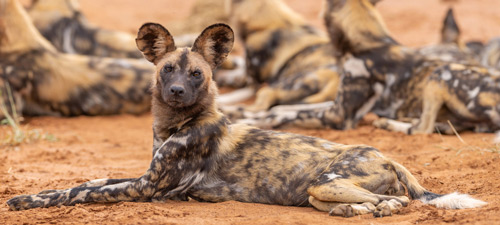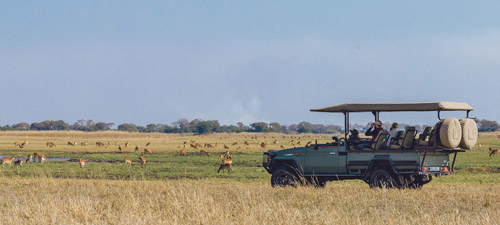So a car is rolling down a hill, at the bottom of which is a cliff and a 400-metre sheer drop to rocks below, and inside the car is a guy enjoying a steaming mug of coffee. He is concerned that the car seems to be picking up speed and heading towards certain destruction. He has considered pulling up the handbrake to stop the car and prevent disaster. But that would also spill his coffee, which he does not want to do. And so he continues sipping and rolling down that hill. What does this have to do with grey parrots?
CITES is that man sipping the coffee. They know that they need to pull up that handbrake and prevent certain disaster (grey parrot extinction in the wild). But by doing so, they will spill some coffee (the many legal and illegal traders, politicians and breeding factory owners who rely on the trade of wild-caught grey parrots for their livelihoods and, in some cases, their vast fortunes).

On the table at the upcoming CITES CoP17 conference in South Africa will be the upgrading of the status of grey parrots from Appendix 2 to Appendix 1, which will mean no further trade.
This is where you come in…
I am not convinced that members of CITES have the guts to do this, to pull up that handbrake. It’s complicated, apparently. They need encouragement, coercion perhaps.
By signing the petition below, put together by the respected World Parrot Trust, you will make your voice heard. Then send this post to your friends and ask them to do the same.
If you don’t know much about the topic, read my article, Shades of Grey, or scan this startling summary:
Approximately 1.36 million wild-caught grey parrots have been exported legally since 1975, and when one factors in the 33-60% death rate during transport, the likely number of parrots actually trapped legally from the wild is probably more than 3 million birds. There is no accurate estimate for the number of illegal birds taken from the wild – but it would certainly add significantly to this offtake figure. When one considers that total wild populations have crashed to an estimated 560,000 to 12.7 million birds, this offtake figure is staggering.


Message to CITES: Move the grey parrot Psittacus erithacus to Appendix I and end the trade of this globally threatened species for good.
Please sign your name, share with your friends, and help us to save thousands of wild parrots!
Make a difference and sign the petition here.

To comment on this story: Login (or sign up) to our app here - it's a troll-free safe place 🙂.![]()








